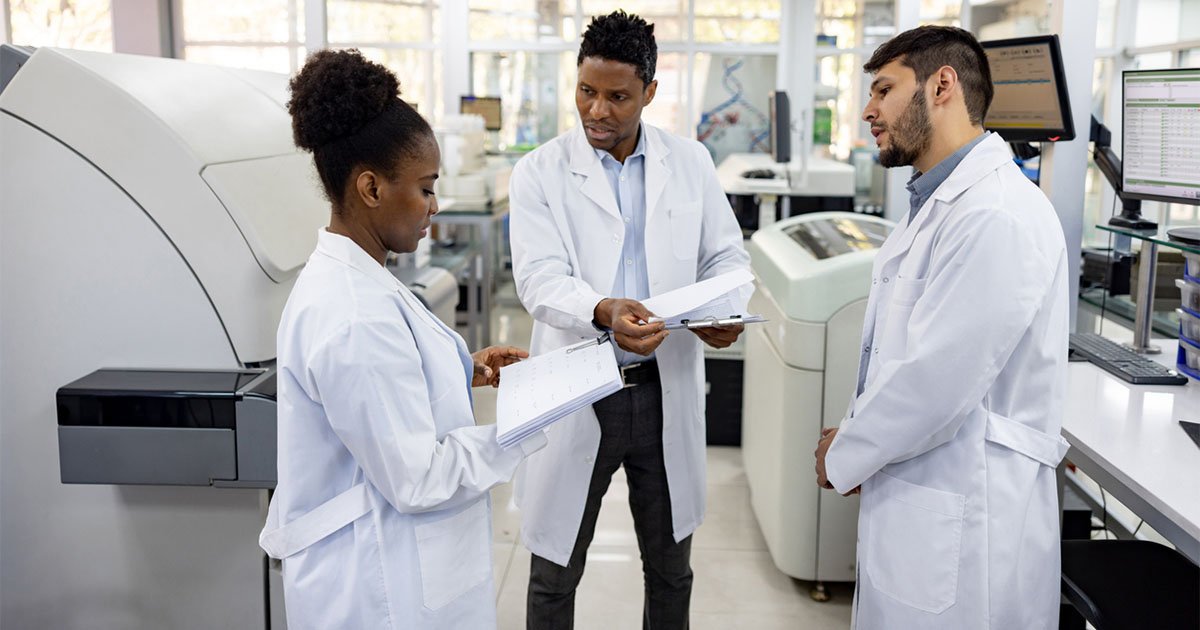The University of Minnesota’s Center for Learning Health System Sciences (CLHSS) and its training program, the Minnesota Learning Health System Career Development Program (MN-LHS), recently received $5 million in funding from the Agency for Healthcare Research and Quality (AHRQ) and the Patient-Centered Outcomes Research Institute (PCORI). This award supports the MN-LHS and its consortium of five core clinical partners: M Health Fairview, the Minneapolis VA Health Care System, Essentia Health, HealthPartners, and Hennepin Healthcare to train the next generation of embedded learning health system scientists and to advance the state of Minnesota as a learning health system.
This five-year award, led by Drs. Tim Beebe and Genevieve Melton-Meaux, builds upon the successful MN-LHS Early Scientist and Faculty Development Program supported by the AHRQ/PCORI K12 Institutional Mentor Career Development Program (2018-23) and internally by the University of Minnesota’s CLHSS, Office of Academic Clinical Affairs (OACA), and Clinical Translational Science Institute (CTSI).

“Learning Health Systems are an important aspect to how we can improve patient care – we move research findings into clinical care quickly. Training our teams to practice in this way is fundamental to our ability to advance health care, improve access, and always improve the health of our patients, families, and communities,” said Jakub Tolar, vice president for clinical affairs and dean of the Medical School.
“By collaborating with additional Minnesota partners across diverse settings and building upon its successful K12 career development program, we expect that the expanded MN-LHS training program will have increased impact across the state and beyond,” said Melinda Pettigrew, dean of the School of Public Health. “Not only will MN-LHS provide learning health science opportunities to early scientists and faculty but it will also provide opportunities to trainees within traditional postdoctoral and predoctoral training programs, as part of dedicated research efforts, or as shorter and more focused internships.”
The training program builds upon and leverages research capabilities in CLHSS, highlighted by the center’s pragmatic trial program (“RapidEval”), practice-oriented evidence program (Evidence Synthesis) in collaboration with the Minnesota Evidence-based Practice Center, and data and technology programs focused on semantic interoperability (SI2), data delivery and analysis core (CQODE), artificial intelligence (P4AI), digital solutions (DTI) and data science methods (IMDS). The MN-LHS scholars and trainees will participate in and/or conduct translational research in collaboration with the CLHSS research programs and hub partner sites as a core component of their embedded researcher training.
The MN-LHS LEaRN Initiative (Learning Health System Embedded Scientist Training and Research (LHS E-STaR) of the North) has five key aims:
- Leverage and expand existing LHS infrastructure to nurture a new generation of embedded scholars.
- Enhance diversity in LHS scientists, their science, and mentorship.
- Create a novel LHS infrastructure supporting patient-centered outcomes and comparative effectiveness research in healthcare systems.
- Establish learning communities and networks for knowledge exchange.
- Implement a rigorous system for program evaluation and improvement.
Going into 2024, CLHSS anticipates announcing the first cohort of MN-LHS Scholars and Trainees across its five sites as well as a formal fall application for MN-LHS internships.

